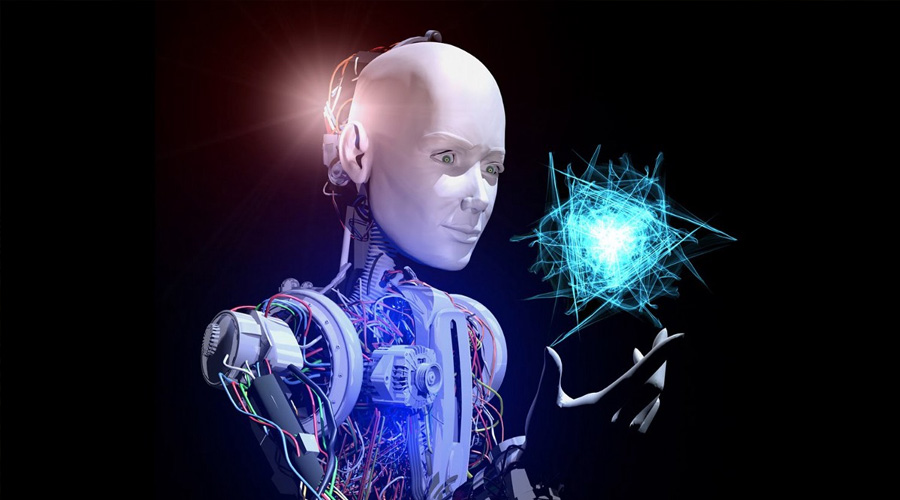
Quantum Machine Learning will be the next big thing in the domain of data science and technology in today’s age.
AI and quantum computing are terms that most people are familiar with. But, did you ever hear of quantum machine learning?
Quantum Machine Learning will be the next big thing in the domain of data science and technology in today’s age, as quantum data science is becoming more mainstream. Quantum Machine Learning is essentially a hybrid of quantum computing and machine learning.
Quantum Computing
Quantum computing is a field of research that focuses on developing computer technology based on quantum mechanics concepts, which describes the origin and behavior of matter and energy at the quantum (atomic and subatomic) levels. It has the ability to dramatically increase computational power, ushering in a new age in computer technology.
Quantum computing experts have stated that the technology will power up machine learning. It will change the way complex processes are simulated in chemistry, neuroscience, medicine, economics, as well as other areas. It will address the traveling salesman dilemma, as well as other puzzles that traditional computers are unable to solve.
Machine Learning
Machine learning is a groundbreaking subset of artificial intelligence in which systems can “learn” from data, metrics, and trial – and – error in terms of improving procedures and developing more quickly. Machine learning allows computers to establish human-like learning skills, helping them to solve some of the world’s most complex challenges, such as cancer research and global warming.
Machine learning techniques have now become effective tools for detecting patterns in data, thanks to advancements in computing power and algorithmic innovations. Since quantum systems generate atypical patterns that classical systems are thought to be incapable of producing, it’s fair to believe that quantum computers might outshine classical computers on machine learning tasks. Quantum machine learning is the study of how to design and execute quantum software to allow machine learning that is quicker than that of traditional computers.
Quantum Machine Learning
Quantum Machine Learning fills in the gaps between theoretical advances in quantum computing and applied machine learning science. It focuses on offering a synthesis that describes the most relevant machine learning algorithms in a quantum framework, reducing the complexity of the disciplines involved.
According to The Quantum Daily, Quantum machine learning is an extremely new field with so much more growth. But we can already start to predict how it’s going to impact our future!
Here are some of the areas QML will disrupt:
- Understanding nanoparticles
- The creation of new materials through molecular and atomic maps
- Molecular modeling to discover new drugs and medical research
- Understanding the deeper makeup of the human body
- Enhanced pattern recognition and classification
- Furthering space exploration
- Creating complete connected security through the merging of IoT and blockchain
With more amazing developments happening every day, QML will solve more problems than we could’ve ever imagined.
In an exclusive interview with MIT Technology Review, Google CEO Sundar Pichai said, “We think AI can accelerate quantum computing and quantum computing can accelerate AI. And collectively, we think it’s what we would need to, down the line, solve some of the most intractable problems we face, like climate change.”
Pichai emphasized the importance of educating the public about quantum machine learning, stating that it is still in its early stages of growth and that he expects that classical computing will continue to solve the majority of the problems of the world.
In conclusion, quantum machine learning’s ability to allow and develop future AI applications, along with contributing to the field of quantum computing’s growth, are three main reasons why quantum machine learning may have a bright future in small-scale quantum systems.
Share This Article
Do the sharing thingy

You must be logged in to post a comment.